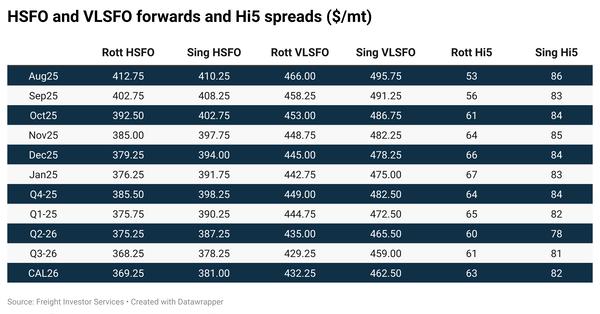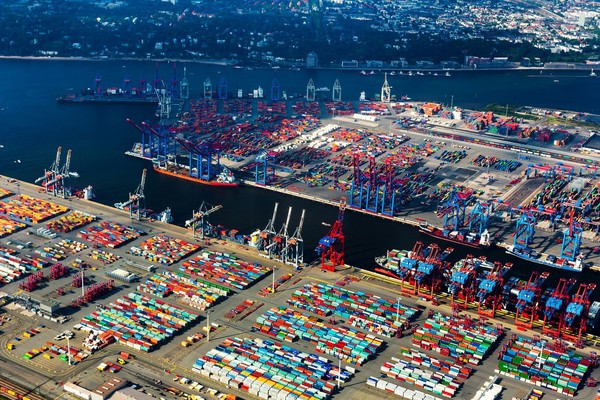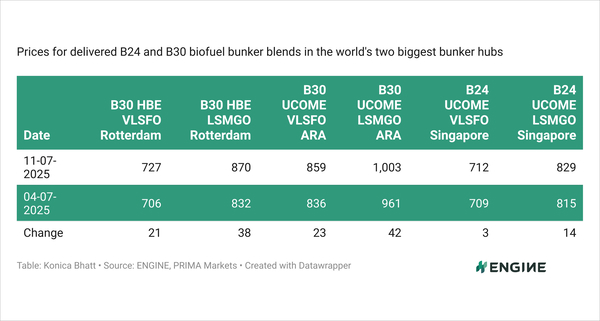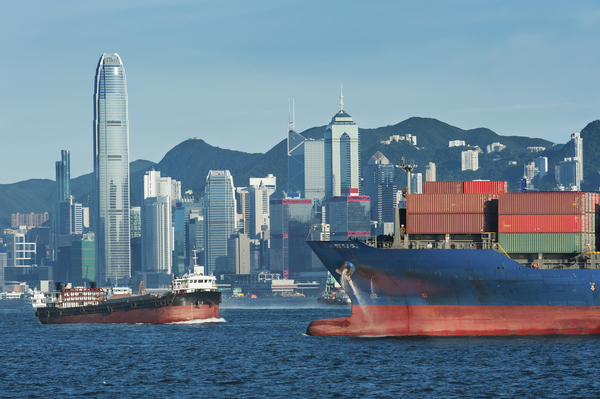ICCT proposes global 0.10% sulphur cap for ships
Sulphur cap would slash healthcare costs, says ICCT
Global bunker fuel bill would swell, calculations show
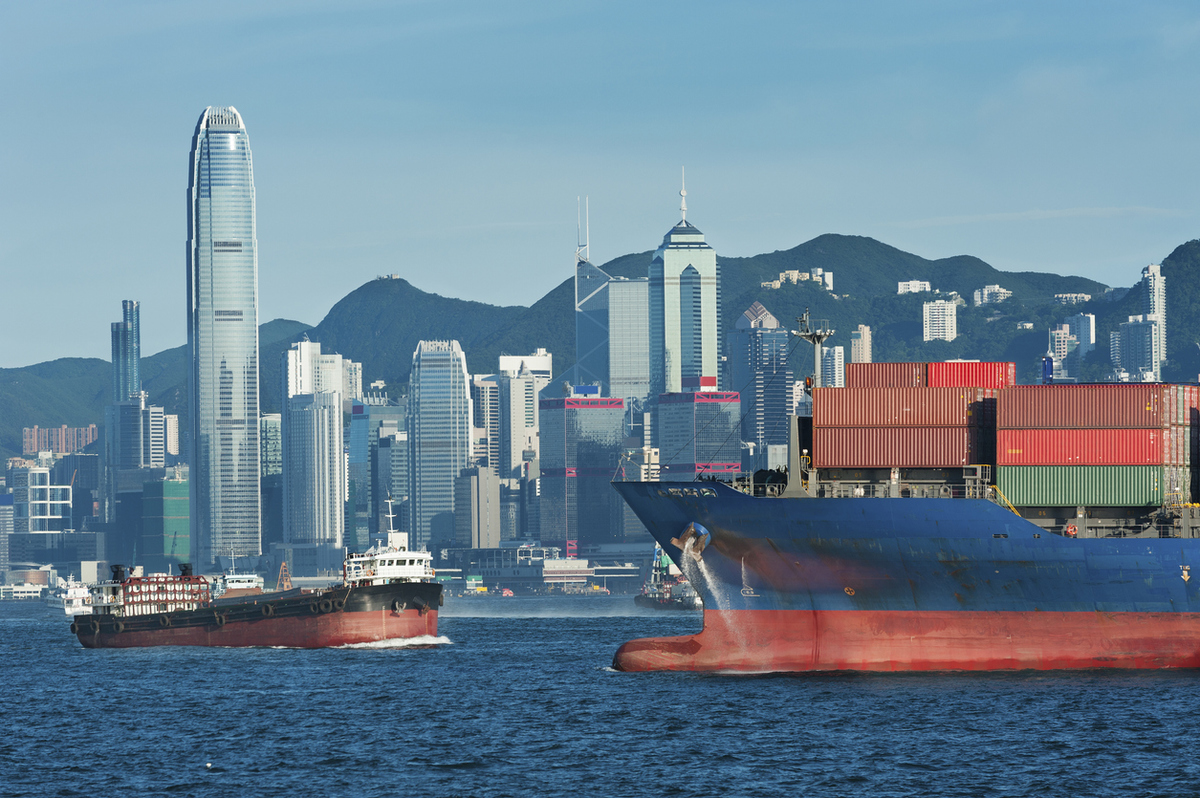 IMAGE: Cargo ships in Hong Kong’s Victoria Harbour, China. Getty Images
IMAGE: Cargo ships in Hong Kong’s Victoria Harbour, China. Getty Images
A global 0.10% sulphur cap on marine fuel could reduce harmful emissions, premature deaths and save billions of dollars in health costs, the International Council of Clean Transportation (ICCT) argues in a report.
While global sulphur limit for marine fuels is at 0.50% according to current International Maritime Organization (IMO) rules, vessels are required to adhere to a 0.10% limit in certain Emission Control Areas (ECAs), unless they use scrubbers.
Extending this 0.10% cap globally could cut sulphur oxide emissions by around 85% and particulate matter by 66%, the ICCT study found. This would help prevent 4,500 deaths and save up to $10.9 billion/year in health costs, it added.
The ICCT said the projected benefits are based on a scenario where scrubbers are banned and ships worldwide switch from higher-sulphur fuels like HSFO and VLSFO to distillate fuels such as LSMGO. The scenario uses 2023 ship activity data.
The study also said that this theoretical move would increase fossil fuel costs and incentivise use of fuels with low greenhouse gas (GHG) emissions by reducing price gaps between them.
Commenting on the ICCT report, German environmental group NABU urges a 0.10% sulphur cap to be applied worldwide and highlights the advantages of banning scrubbers.
“Scrubbers are a poor compromise: they prolong the use of dirty heavy fuel oil artificially and lead to considerable pollution of the marine environment,” said NABU shipping expert Sönke Diesener.
“A global ban on scrubbers must accompany the introduction of stricter sulphur limits.”
Pricy proposal
If all global VLSFO bunker purchases would be switched to LSMGO, and scrubbers banned to also render HSFO unfeasible, it would come at a huge cost to shipping companies, according to ENGINE calculations.
LSMGO is considerably pricier than VLSFO and HSFO. In 2024, Singapore’s HSFO benchmark averaged $481/mt, according to ENGINE benchmark data. If we use that average price for the roughly 20.16 million mt of HSFO sold in Singapore over that year, it would have cost $9.69 billion.
The average price for LSMGO was $722/mt in Singapore last year. LSMGO has more energy per mt, so if we switch the HSFO over to LSMGO we would not need 20.16 million mt of LSMGO, but 18.98 million mt.
Pricing that at the year’s average $722/mt would cost $13.71 billion, which is a $4.02 billion (41%) increase on the HSFO bill.
Switching from VLSFO to LSMGO in Singapore would increase that bill by $2.65 billion (15%).
Shipping companies bunkering in Rotterdam would see their combined bills go up by $684 million (44%) for HSFO and $433 million (26%) for VLSFO.
Rotterdam and Singapore’s bunker sales make up around a quarter of the global total. Extrapolating their LSMGO switching bills to a global total does not work since we don't know the global fuel grade splits, and fuel sales datasets are increasingly clouded by sales of biofuel blends in varying ratios.
But it is safe to say that shipping companies' fuel bills would rise substantially. And that is not considering the inevitable price push global gasoil and diesel prices would get from increases LSMGO demand.
By Nachiket Tekawade and Erik Hoffmann
Please get in touch with comments or additional info to news@engine.online

Contact our Experts
With 50+ traders in 12 offices around the world, our team is available 24/7 to support you in your energy procurement needs.

